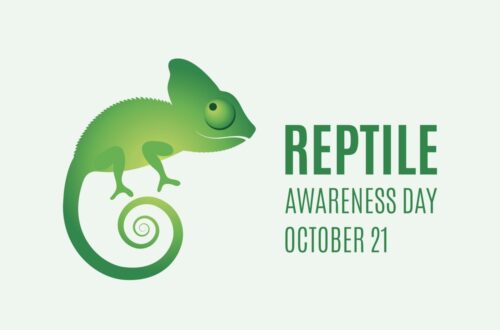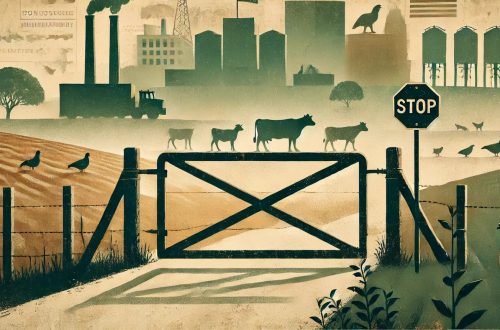India at 77: Time to Embrace a Food System Revolution for Public Health and Climate Resilience
As India steps into its 77th year of independence, it stands at a crucial juncture – a moment for reflection and introspection, not just to celebrate our accomplishments but to address the daunting challenges of our future. One pressing issue lies within our food systems, specifically animal agriculture, which is intimately tied to public health, climate change, and farmer welfare.
Animal agriculture, according to a report by the Food and Agriculture Organization (FAO), accounts for 14.5% of all human-caused greenhouse gas emissions globally (Tackling climate change through livestock, FAO). India, with its substantial dairy sector, is not exempt from this trend.
India, as one of the world’s largest milk producers and consumers, with a substantial dairy sector, is deeply entwined in this global trend. The country’s dairy sector is complex and diverse, largely dominated by smallholder farmers who rely on it for their livelihoods. However, these very structures that underpin India’s dairy industry are also significant contributors to the sector’s environmental impact. For instance, enteric fermentation, a digestive process in ruminant animals like cows and buffaloes, results in methane – a greenhouse gas around 25 times more potent than carbon dioxide over a 100-year period (IPCC). Given that a significant proportion of India’s dairy herd is composed of such ruminant animals, the impact on methane emissions is considerable.
Moreover, the country’s reliance on mixed crop-livestock systems, where animals are often fed crop residues and by-products, implies that the dairy sector’s environmental footprint extends beyond direct emissions. It intersects with land use changes for feed production, water utilization for crops, and the associated energy use and emissions therein.
These climate concerns run parallel to public health implications. A shift towards diets heavy in animal products correlates with a rise in non-communicable diseases such as heart disease, diabetes, and specific types of cancer. The World Health Organization has even categorized processed meats as Group 1 carcinogens (Q&A on the carcinogenicity of the consumption of red meat and processed meat, WHO).
The backbone of our agricultural system, our farmers, bear the brunt of these issues. Despite representing over 50% of India’s workforce, they grapple with crippling debt and economic uncertainty. The National Crime Records Bureau reported over 10,000 farmer suicides in 2019 (Accidental Deaths and Suicides in India 2019, National Crime Records Bureau), a distressing reflection of the deep-seated problems within our agricultural systems.
As India strides towards its future, it is evident that our food systems need a radical transformation – a revolution addressing climate change, public health, and farmer welfare.
Indian startups are pioneering this change. For instance, companies like ClearMeat and Good Dot are exploring plant-based and lab-grown meats, providing healthier, more sustainable alternatives to conventional animal-based products (ClearMeat and Good Dot’s company websites).
In this revolution, farmer welfare is central. Digital platforms like DeHaat and Kisan Network are creating channels for direct market access, ensuring farmers receive fair prices for their produce and reducing their dependence on exploitative middlemen (DeHaat and Kisan Network’s company websites).
To catalyze this revolution, we need sweeping policy changes and increased public awareness. Initiatives like the Agri Udaan Food and Agribusiness Accelerator are supporting startups in the agri-tech sector (Agri Udaan program’s website). But we need more – more initiatives, more public funding, and more policy reforms that promote sustainable agricultural practices.
Public awareness campaigns highlighting the environmental and health impacts of our food choices can play a pivotal role in shifting consumer demand towards sustainable, healthier alternatives.
As we celebrate our 77th Independence Day, the decisions we make will shape our future, our health, and the health of our planet. Let’s seize this opportunity to revolutionize our food systems, for the wellbeing of our people, the welfare of our farmers, and the resilience of our climate.






